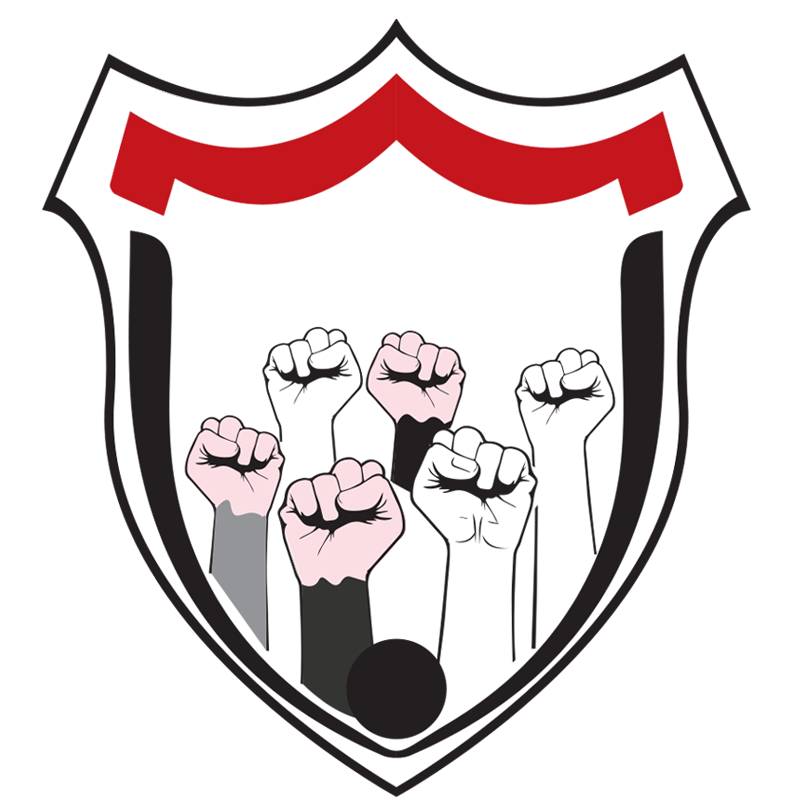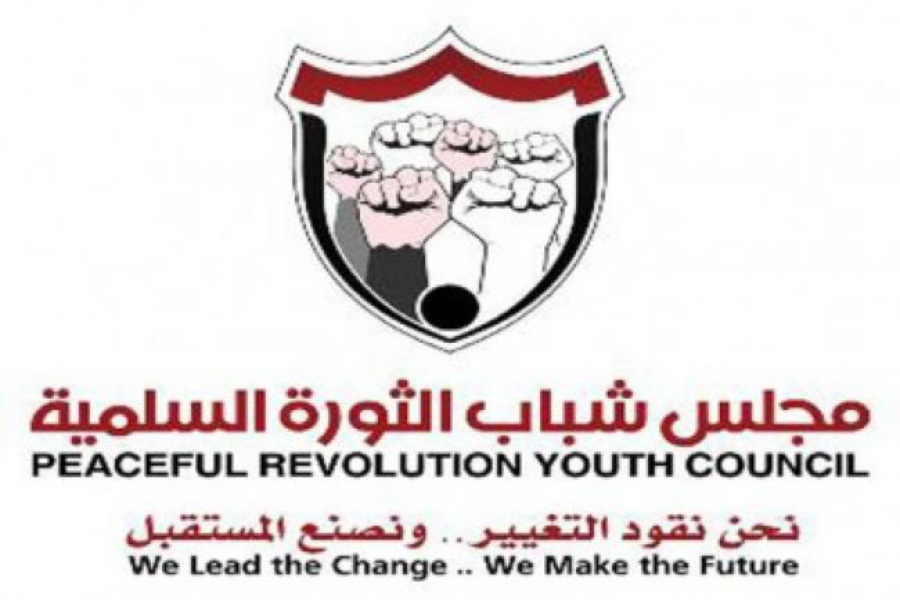The council of the revolutionary youth on Thursday held a conference and a symposium at its headquarters in Sanaa to discuss reforming the justice system and independence of judiciary in Yemen. Assistant professor of international law and human rights at Sanaa University Dr Mohammed Abdullah Noman and other academicians and revolution youth attended the events.
Noman presented a paper on evaluation of the judicial authority in the country, pointing out that the Yemeni society has not seen a democratic transition but a transition into democracy and that output of state management has undermined the foundations of the modern state.
He also highlighted the congregation of power and its effects, pointing to how the General People's Congress ruled the country alone and monopolised all authority in the hands of the president after the president had been authorised to fire and appoint senior state officials including attorney general, prime minister.
In the third point of his paper, Noman talked about standards of good governance reviewing Yemen's rank in the 2009 development report. Yemen was ranked 140 out of 182 states in the report, he said, adding that it was also ranked 109 on the crime index out, and 154 out of 180 in the report of Transparency International.
He concluded that the Yemeni society has not seen a democratic transition and policies undermined the foundations of the modern state. Based on the concept of good governance, I can say that practices of the regime had nothing to do with good governance.
Professor Abdulrahman Al-Mukhtar delivered a two-point paper on reforming the justice system.
The first point was focused on five imbalances of the judicial authority, the legislation imbalances first, and then the political, structural, social and cultural imbalances.
Political affiliation made judges abuse their profession, Al-Mukhtar said.
The other point dealt with mechanisms to reform the judicial system as follows:
1- Activating the principle of judiciary independence and addressing legislative imbalances.
2- Addressing political imbalances through referring those who have practiced politics to a disciplinary board to retire them.
3- Protecting the judiciary from influential officials and social dignitaries through establishing an independent administrative judicial body to handle administrative conflicts.
4- Addressing cultural and knowledgeable imbalances among judges.
5- Banning employment of security members in the judiciary.
Secretary general of the council Abdulghani Al-Mawiri said holding such conferences on the constitution is aimed at shaping the youth's vision for establishing a legal and constitutional system which lives up to the aspirations of the youth who led the revolution against the former regime.

